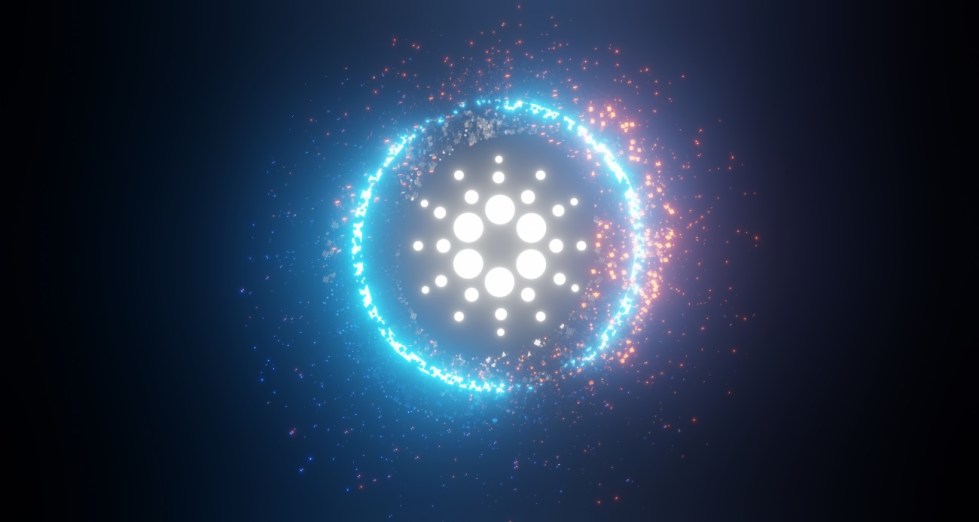In a landmark achievement for Cardano, the network has reached an unprecedented milestone by processing 1 million transactions per second (TPS) during the Hydra DOOM Tournament. Charles Hoskinson, the founder of Cardano, announced the breakthrough via X, stating, “Hydra hit a million. Guess we were right,” and shared a screenshot of a performance measurement tool displaying the impressive TPS figure.
The record-setting event was orchestrated by Cardano developer Input Output Global, which hosted a high-stakes DOOM tournament with a $100,000 prize pool paid in Cardano-based stablecoin USDM, as reported by Bitcoinist yesterday.
The online tournament took place on December 3, 2024, and will culminate in a live finals event in Las Vegas in January 2025. Over 25,000 concurrent players participated, each contributing to the network’s transaction load as every frame of the game was processed as a transaction.
Statistics from the tournament are staggering. The network handled 14,480,688,914 transactions and processed 3,925,290,796,018 bytes of data. Throughout the event’s history, there have been 21,908 games involving 62,198 players, with 908,970 kills recorded.
The tournament showcased the capabilities of Cardano’s Hydra Head Protocol, successfully handling an immense volume of data without compromising performance and thus breaking the 1 million TPS barrier.
What Is Cardano’s Hydra Head Protocol?
Hydra is Cardano’s layer 2 scalability solution designed to significantly increase transaction speed through low latency and high throughput while minimizing transaction costs. According to the official Hydra website, “Hydra simplifies off-chain protocol and smart contract development by directly adopting the layer 1 smart contract system, allowing the same code to be used both on- and off-chain.”
By leveraging the Extended Unspent Transaction Output (EUTXO) model, Hydra enables fast off-chain protocol evolution with minimal round complexity and allows asynchronous and concurrent state channel processing. This design enhances transaction confirmation time and throughput while keeping storage requirements low.
In the Hydra framework, a group of participants forms a “Hydra head” by collectively committing a set of UTXOs into an off-chain protocol. This initial state can then evolve through smart contracts and transactions among the parties without interacting with the main blockchain, provided all participants behave optimistically.
The lifecycle of a basic Hydra head involves several key stages. Participants initiate a Hydra head by announcing parameters on-chain, including the list of participants, and commit UTXOs from the Cardano main chain. While the head is open, participants use Hydra nodes to submit transactions within the head network, mirroring those on the main chain in format and properties.
All participants acknowledge and agree on new states through snapshots, which are retained off-chain. Any participant can close the head using a snapshot, either to cash out on the mainnet or if another party misbehaves. A mechanism exists to contest the final state on-chain. Finally, a “FanOut” transaction distributes the final agreed state back to the main chain, effectively transitioning the off-chain state to an on-chain state.
This process allows for efficient and secure state management, independent of the number of participants or the size of the head state. It also supports incremental commits and decommits, enabling UTXOs to be added or removed without closing the head. The isomorphic nature of Hydra heads ensures that “transaction validation and script execution proceed according to the same rules as on-chain, simplifying engineering and guaranteeing consistency.”
At press time, ADA traded at $1.22.
